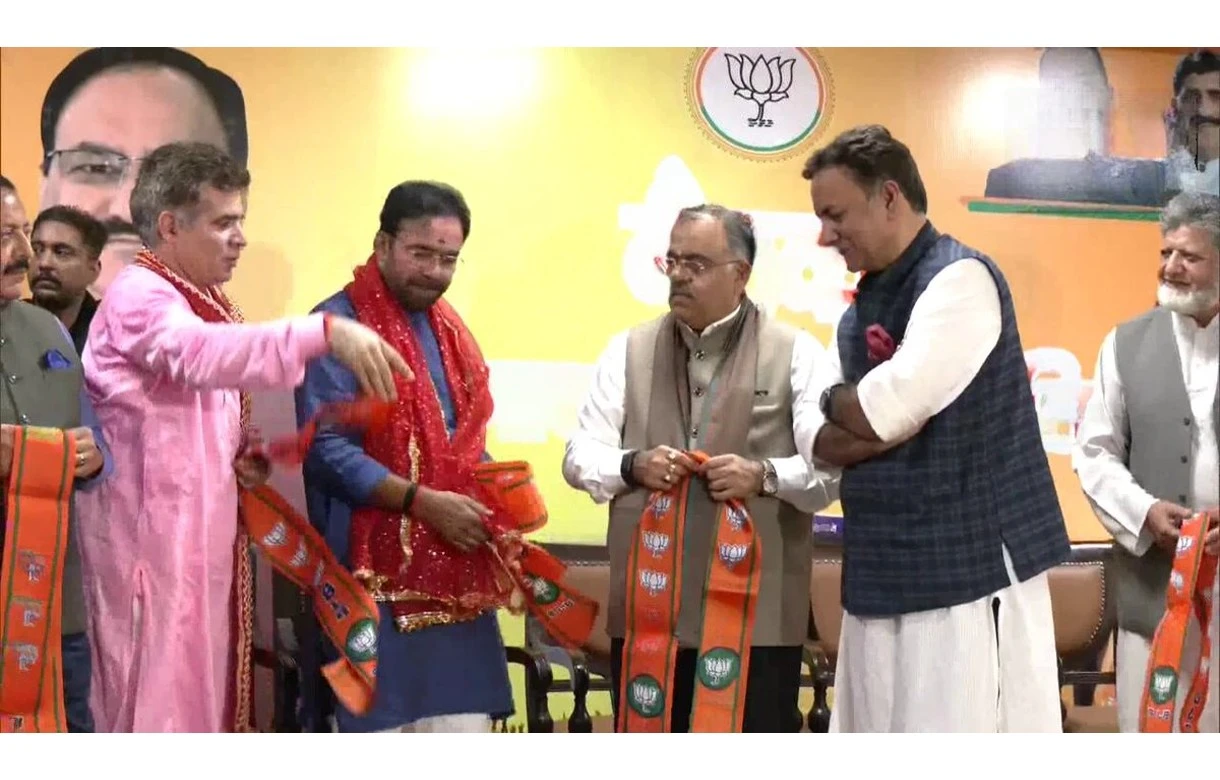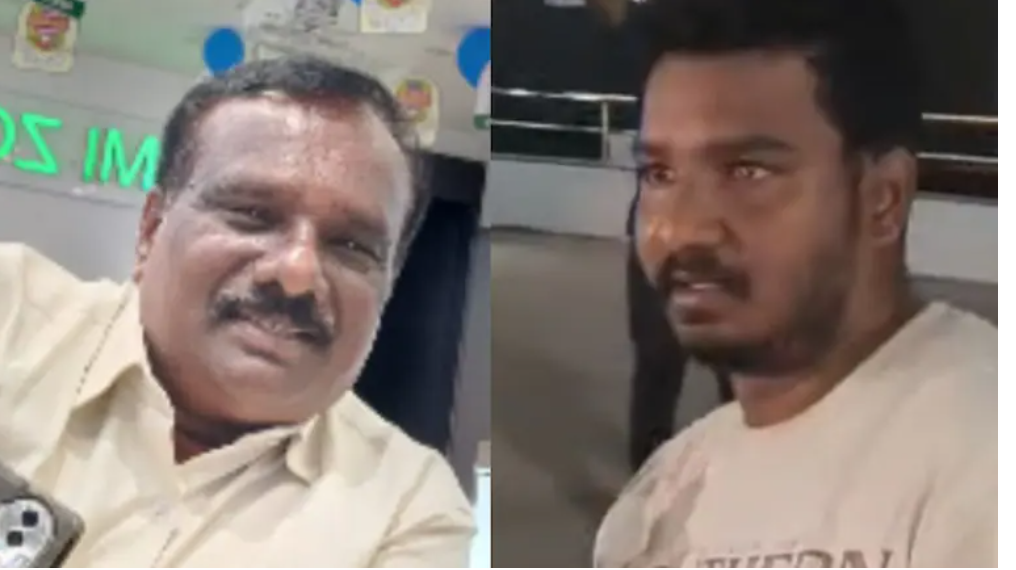Days after the announcement of Assembly elections by the Election Commission, the former Jammu and Kashmir Minister Chowdhary Zulfkar Ali joined the BJP at the party office in Jammu on Sunday.
After joining the saffron party, Ali cited the reason for joining BJP. The former PDP leader Ali said that the policies of the BJP have attracted him, adding that the party is going to form the government comfortably. “I think BJP is the only option people have which can give them justice”, he added.
Ali said that the policies and schemes of the BJP have reached even the last person in the queue. These things compelled him to join the BJP. Every person received the ‘sehat card’ which the people of his area refer to as the Prime Minister Narendra Modi card, he added.
He further said that peace has been restored in J&K, stone pelting has ended, the common man feels more secure, and the tourism industry has grown. He expressed his belief that together they would form the government in the Union Territory.
The Apni Party leader Ali further questioned the National Conference party leader Omar Abdullah and wondered what Omar Abdullah has done for J&K. They have been giving only slogans after ruling for 70 years, Ali said.
Yesterday, he met with the Union Home Minister Amit Shah regarding several issues in his area. Speaking to a reporter, he said he had a detailed discussion over the upcoming Assembly elections in J&K also. He said he would join the saffron party on Sunday or August 18.
Meanwhile, Former J&K Minister and Democratic Progressive Azad Party (DPAP) leader Taj Mohiuddin will join Congress. Speaking to a reporter, he said he has been in Congress for 45 years, and for some reason he had gone out but now he is returning home.
The DPAP issued a circular to address rumours around its merger with Congress. Ever since Azad left the Congress Party, neither Azad has approached any Congress leader nor any Congress leader has ever approached Azad directly or telephonically.
Thus, these rumours are totally baseless and false, just to create confusion and break the party, it read. Azad has requested all our party leaders and workers not to get into this trap and also requested the media persons not to give any importance to these rumours, it added.
On Javaid Mirchal joining the National Conference today, the party leader Omar Abdullah said it is the good fortune of the National Conference that a leader like Javaid Mirchal who is connected to the public, who has a deep relationship with his voters and people, is joining the National Conference today. It is a big thing that Mirchal came to the National Conference without putting any conditions.























